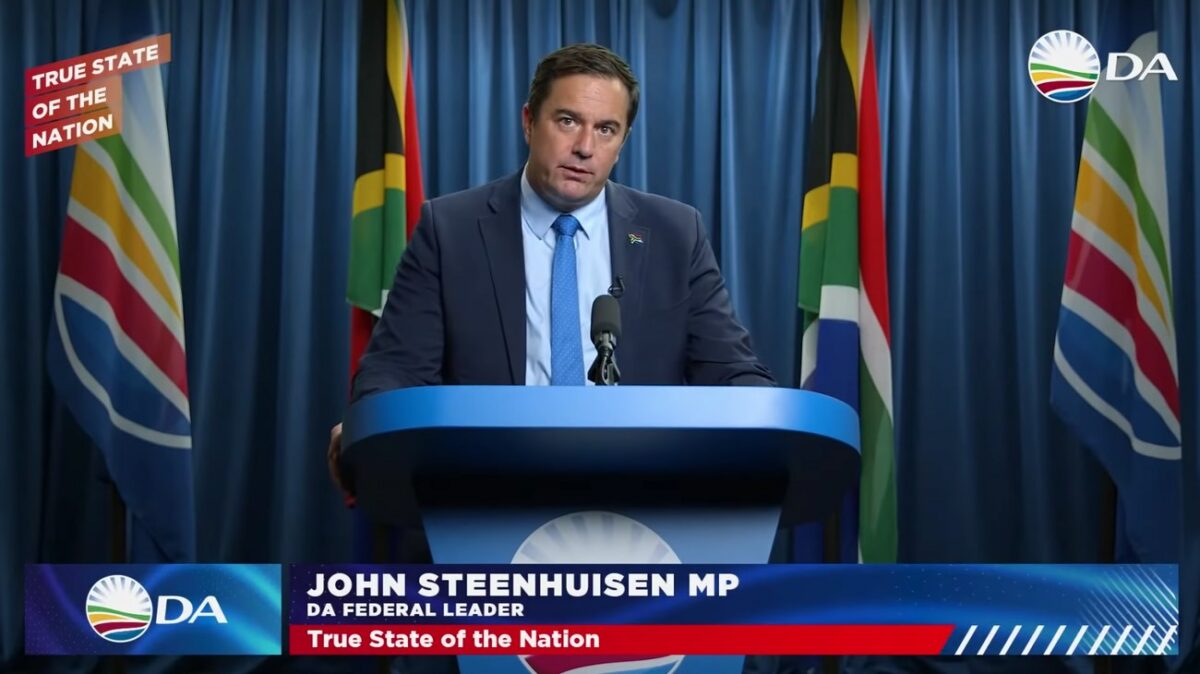The Democratic Alliance (DA) is calling on President Cyril Ramaphosa, in his capacity as the Head of the Executive, to instruct the Minister of Tourism, Lindiwe Sisulu, to retract and issue a public apology for undermining the Judiciary and casting aspersions on its integrity in a recent opinion piece. Even if no formal finding of wrongdoing has been made on Sisulu’s remarks, President Ramaphosa has an obligation to protect public trust in the constitutional integrity of other arms of government.
We will also call on the minister to appear before Parliament’s Ethics Committee where she will be asked to explain how, as a Member of Parliament, she reconciles her attack on the Judiciary with the Parliamentary Code of Conduct. This Code stipulates, among others, that members “act on all occasions in accordance with the public trust placed in them”. It also demands from members that they “discharge their obligations in terms of the Constitution, to Parliament and the public at large, by placing the public interest above their own interests” and that they “maintain public confidence and trust in the integrity of Parliament and thereby engender the respect and confidence that society needs to have in Parliament as a representative institution.”
In an op-ed titled “Lindiwe Sisulu: Hi Mzansi, have we seen justice?”, that was carried by Independent Online on 7 January 2022, Sisulu launched a direct attack on the Judiciary and appeared to insinuate that black judges were “house negroes” whose interpretation of the law had no African or Pan African ideological grounding. She claimed that: “Today, in the high echelons of our judicial system are these mentally colonised Africans… (whose) lack of confidence permeates their rulings against their own…”
As an incumbent member of the national Executive, Minister Sisulu (i) violated the Executive Code of Ethics by engaging in behaviour inconsistent with her role as a Cabinet Minister, and (ii) violated the principle of separation of powers between the Executive and Judiciary by insinuating that members of the Judiciary were misinterpreting the law to pursue vested agendas.
Section 2.1(d) of the Executive Code of Ethics enjoins members of the Executive to “act in all respects in a manner that is consistent with the integrity of their office or the government”. Sisulu’s unprovoked attack on the Judiciary struck at the heart of our constitutional democracy and created a perception that members of the bench cannot be trusted.
When she was appointed to her Cabinet post, Sisulu took an oath to “…be faithful to the Republic of South Africa and…obey, respect and uphold the Constitution and all other laws of the Republic; and…undertake to hold…office as Minister with honour and dignity…”. Her divisive and race-baiting op-ed on the Judiciary means that she has violated her oath and undermined the constitutional principle of separation of powers between the Executive and Judiciary.
Simply put, Minister Sisulu is not fit for Cabinet, and anywhere else her job would be on the line. In a functional democracy a member of the Executive who launches a calculated and damaging attack on the integrity of the Judiciary would be summarily fired by the Head of the Executive. But we also know that President Ramaphosa demands very little in terms of accountability and ethics from his ministers and is unlikely to take such action.
A retraction and apology, however, are the very least he should demand. Failure to do so will leave the generality of South Africans, who were appalled by Minister Sisulu’s op-ed, with no option but to conclude that the President of South Africa condones her actions.
The overwhelming majority of South Africa’s judicial officers have consistently conducted themselves with integrity and probity in the discharge of their duties. It would be highly irresponsible to let politicians, especially a sitting Cabinet Minister, undermine their work through unsubstantiated claims of bias.

